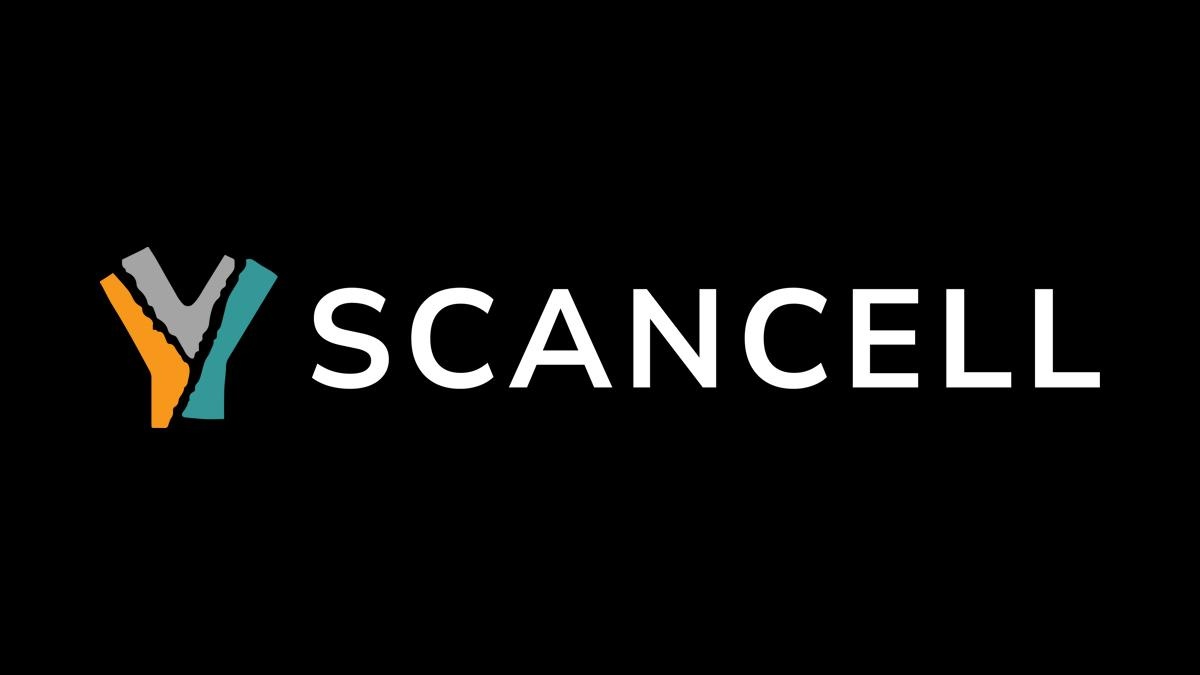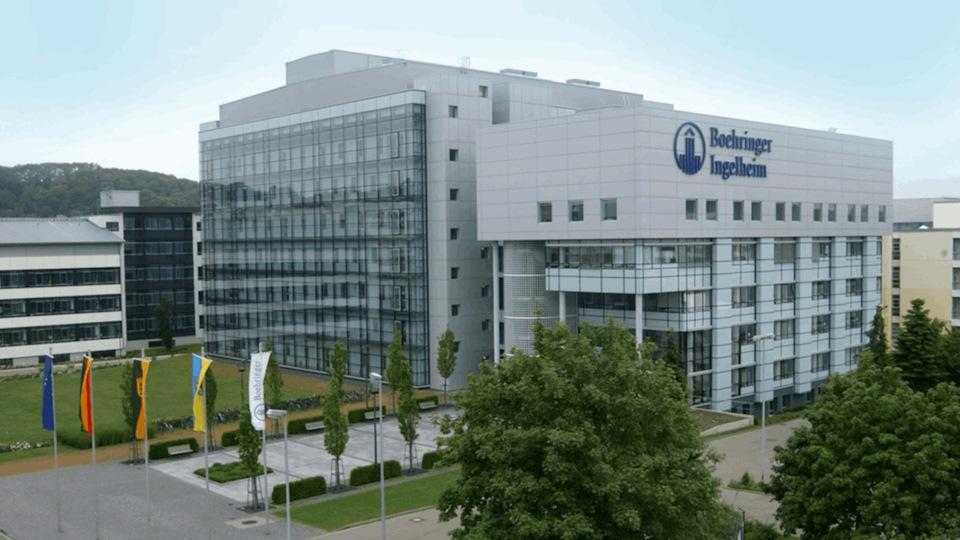Genmab expands its pipeline with $630m Scancell deal

Genmab's transformation from a partner for drug developers to a company developing its own drugs has continued with a licensing deal for a Scancell cancer antibody.
The Danish antibody specialist has exercised an option to license an anti-glycan monoclonal antibody generated using Scancell’s proprietary Glymab discovery platform – the second under an agreement between the two companies that dates back to 2022.
The agreement includes an upfront payment and milestone payments tied to development, regulatory, and commercial milestones with the as-yet undisclosed drug candidate, plus royalties on sales, and has a total value of up to $630 million. Shares in London-listed Scancell were up more than 8% following the announcement.
Genmab took a worldwide license to another Scancell anti-glycan antibody – called SC129 – in October 2022 in a deal worth up to $624 million, and the company was an early investor in the UK biotech.
SC129 targets sialyl-di-Lewis – thought to play a role in cancer progression and immune evasion – and is being investigated as a treatment for pancreatic cancer.
The Glymab platform generates antibodies that target sugar motifs, rather than proteins, which the company reckons offer differentiated properties, particularly as potential treatments for cancer as aberrant expression of glycans is often encountered on the surface of malignant cells.
Scancell has a pipeline of five anti-glycan antibodies, with SC129 accompanied by fucosyl GM1-targeting SC134 for small cell lung cancer, Lewis-y-directed SC27 for epithelial cancers including gastric, colorectal, and ovarian tumours, and SC2811 which targets a glycolipid on T-cell stem cells.
"This option exercise for another anti-glycan monoclonal antibody from the Glymab platform builds on our existing relationship with Genmab," said Scancell's chief scientific officer, Professor Lindy Durrant.
"The commercial license agreement follows an exclusive evaluation period, which further validates that our Glymab antibody platform can generate novel, differentiated, highly tumour-specific antibodies for therapeutic development," she added.
After building up an extensive portfolio of antibody therapies sold by other drugmakers and generating royalties, Genmab has started selling its own medicines, starting when it took the commercial lead on AbbVie-partnered lymphoma therapy Epkinly (epcoritamab).
Since then, it has been building its in-house pipeline, most recently through the $1.8 billion acquisition of antibody-drug conjugate (ADC) developer ProfoundBio, which completed in May. That added three clinical-stage ADCs for cancer, headed by FRα-targeting rinatabart sesutecan (Rina-S), which is phase 2 clinical testing for solid tumours including ovarian and endometrial cancer.












